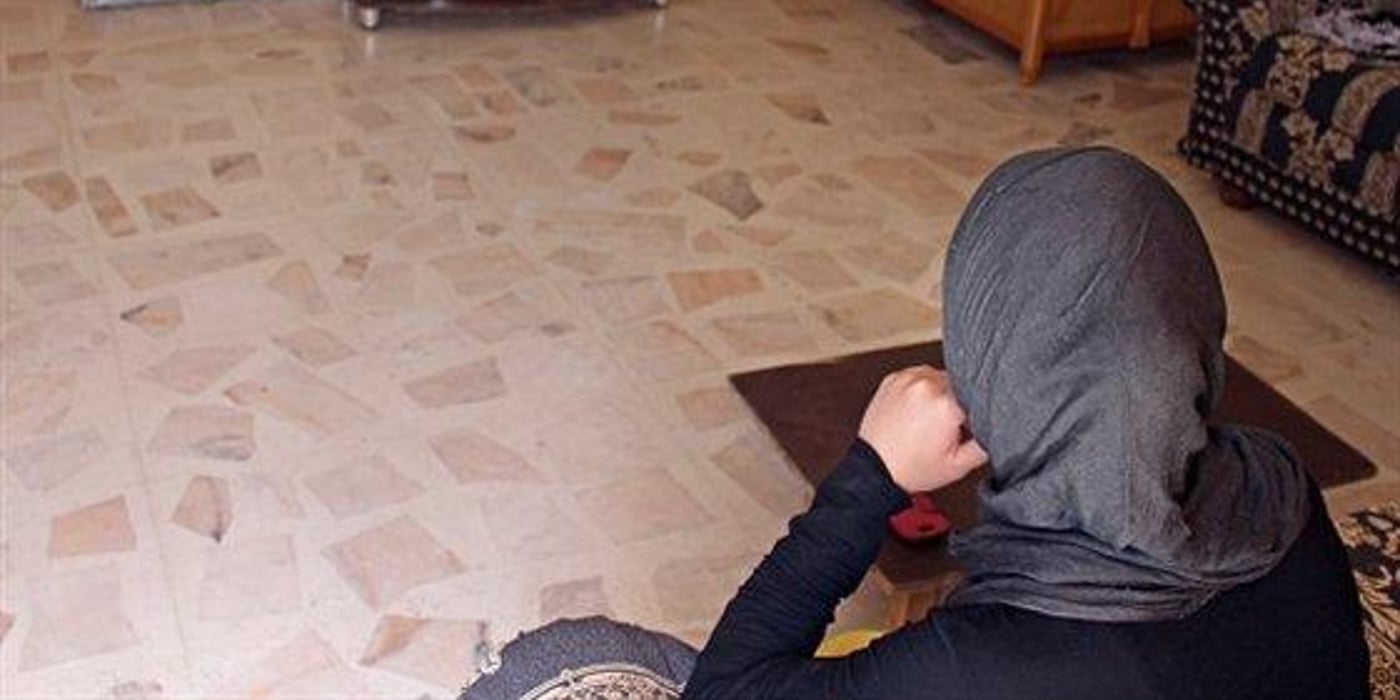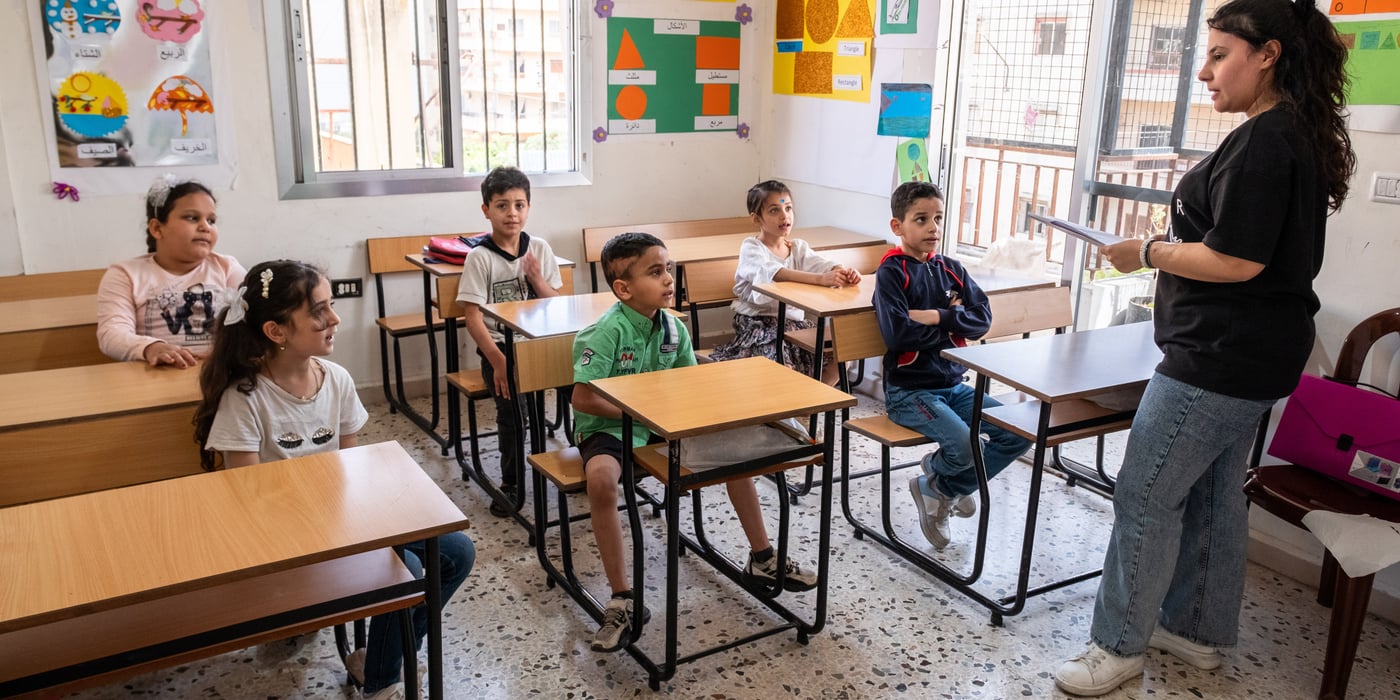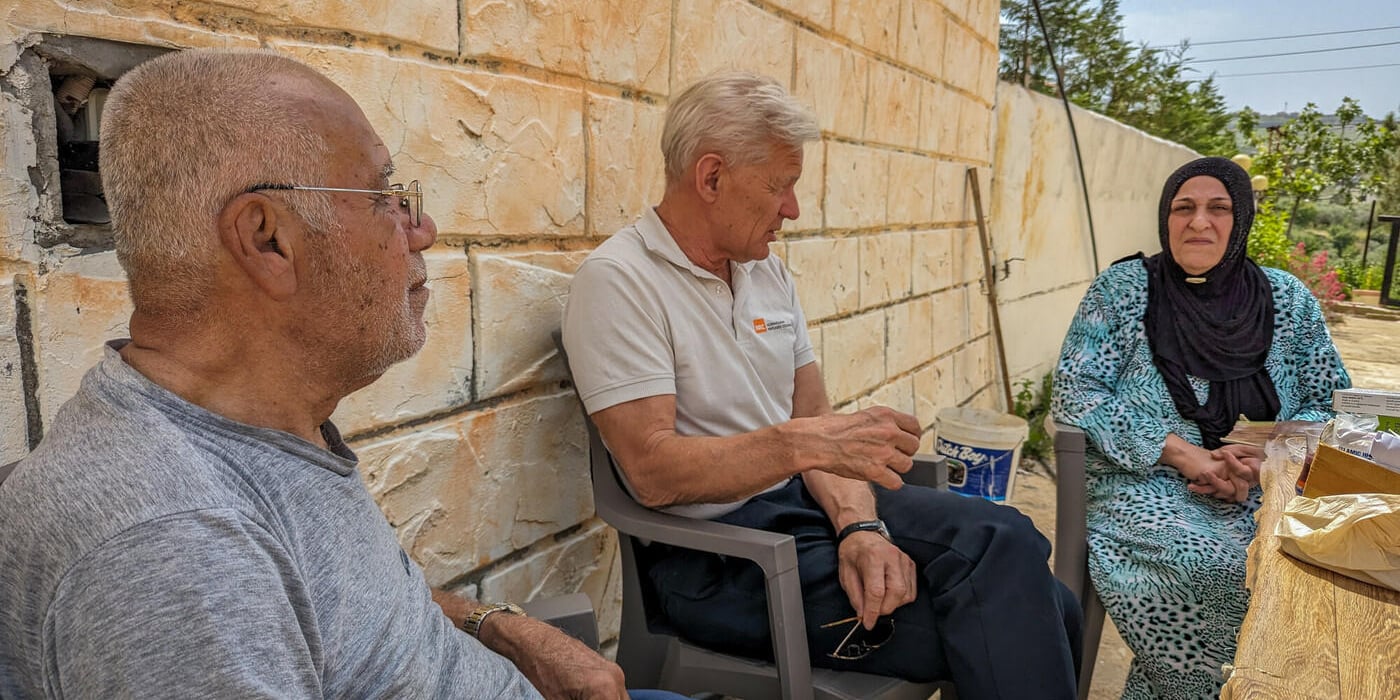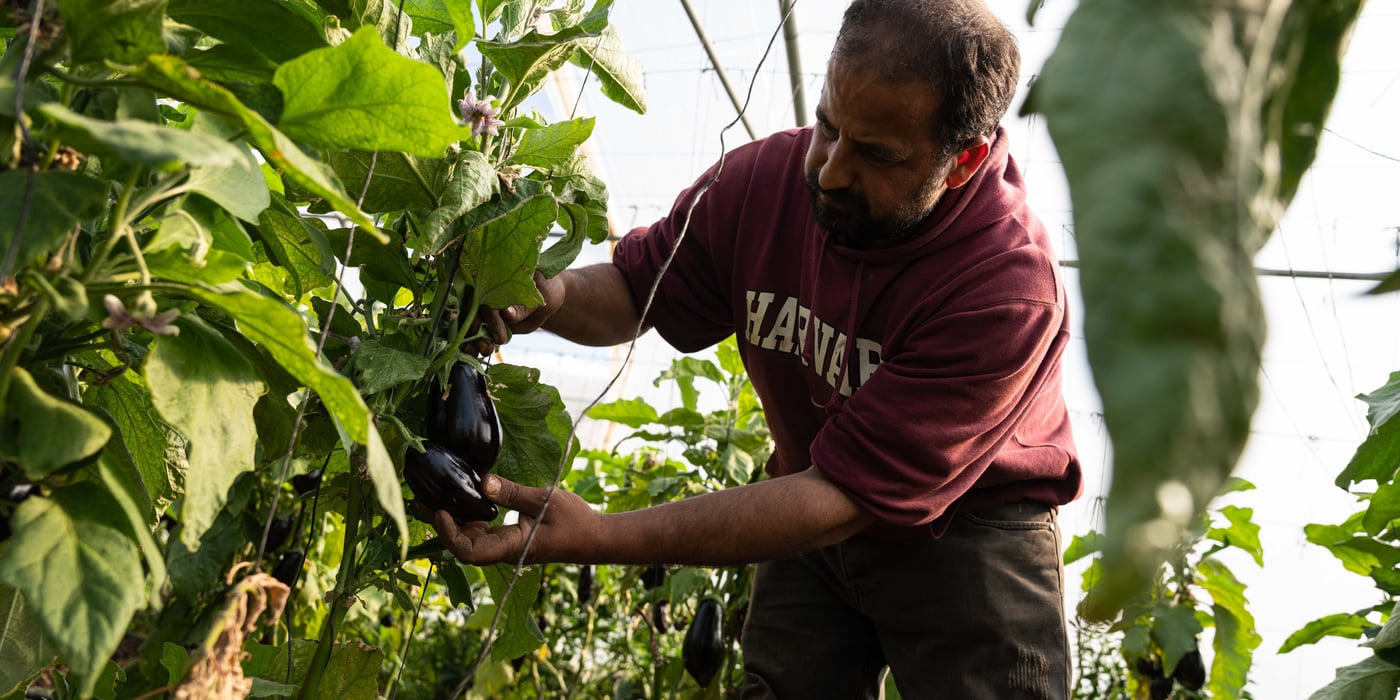
Besides their furniture and material belongings, the family also lost their identification and legal documents, which hinders their access to services and places them at risk of detention in Lebanon because without legal papers, they are found to be illegal in Lebanon.
Fled to Lebanon
Islam and her husband Wassim (26) came to Lebanon from Idlib in 2014. Wassim owned his own business, and the family was happy in Syria. But the business was looted and burned during the fighting that erupted in the town, and Wassim was kidnapped twice. He then fled to South Lebanon, found temporary employment, and had Islam and their daughter Jana join him three months later. The family was lucky and found a Lebanese landlord who offered them a small, one-bedroom apartment, providing them with furniture and a television for free.
In February tragedy struck when an electrical heater, that was left on while the family was out, burned the apartment down. "I was only gone for half an hour," Islam says. The family lost all their papers in the fire, and they are now going through the arduous process of retrieving their family booklet from Syria, as well as Islam's identification card. This is both dangerous and costly because it requires that the family either make a trip to Syria, or pay someone to retrieve the documents.
"We are working on getting our papers from Syria," Islam says. The family had made plans to leave Lebanon, but this is now put on hold. "We were thinking about travelling, but since all of our documents were destroyed in the fire, it makes things difficult," Islam explains.
Major fire outbreaks
There have been many major fire outbreaks across informal tented settlements and run-down shelters housing Syrians in Lebanon. This is due to the highly flammable tents and substandard conditions, resulting in dozens of deaths and loss of legal documents.
"Losing papers forms a major obstacle for refugees to have access to services, access to justice and access to civil documentation," says Sarah Ghanem, NRC's Information, Counselling and Legal Assistance Legal Advisor in Lebanon. "It limits, even prohibits, their freedom of movement," she adds.
NRC rehabilitates shelters owned by Lebanese landlords and brings them up to a minimum standard. NRC pays for the rehabilitation, and then the landlords have a refugee family stay there for 12 months rent free. NRC also helped Islam's family to rebuild their home after the fire. The landlord again offered the family furniture at no cost.
Worries for her child
The family is now living in the rehabilitated apartment, and Islam is feeling more at ease. But it is still a struggle to provide for her daughter.
"She needs diapers and milk, and I need to find a way to afford the doctor's expenses," she explains. "The most important thing is health. I have to pay full price for a consultation and for medicine."
Islam gestures to her sick daughter sleeping on the couch in her home in South Lebanon. Jana is two years old, and the girl can usually be found running around the house, never keeping still. Today, however, Jana isn't moving, her body looking frail and her face pale. She has been sick for two days, but Islam hasn't been able to take her to the doctor because she can't afford the consultation and medical fees.
"I have put off seeing a doctor since Jana fell ill because I worry I won't have enough money," Ismal says.
Uncertain future
The family's future is uncertain. For now, they have decided to stay in Lebanon, as they consider it safer than returning to Syria. "Because of the situation and the difficult circumstances, it would be tough for us to go back right now and start over," Islam explains.
Islam had always dreamt of having a big family, and before the war in Syria she and Wassim were keen on having more children. But with Wassim working only seasonally at the lemon orchards in Lebanon, the family has fallen into a lot of debt, and the dream of a big family has been put on hold. "I don't think about having any more children at the moment. It's too difficult," Islam says.




